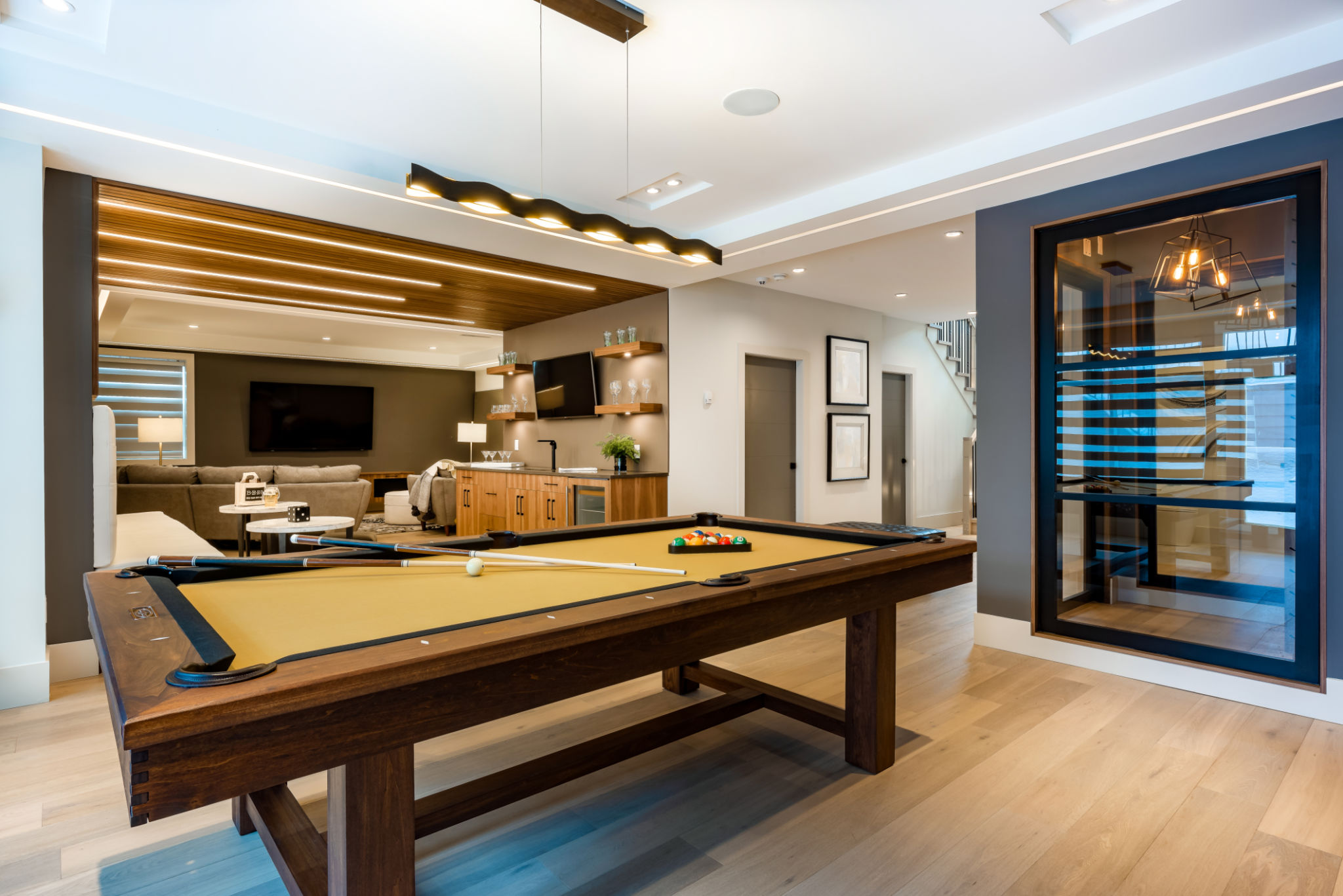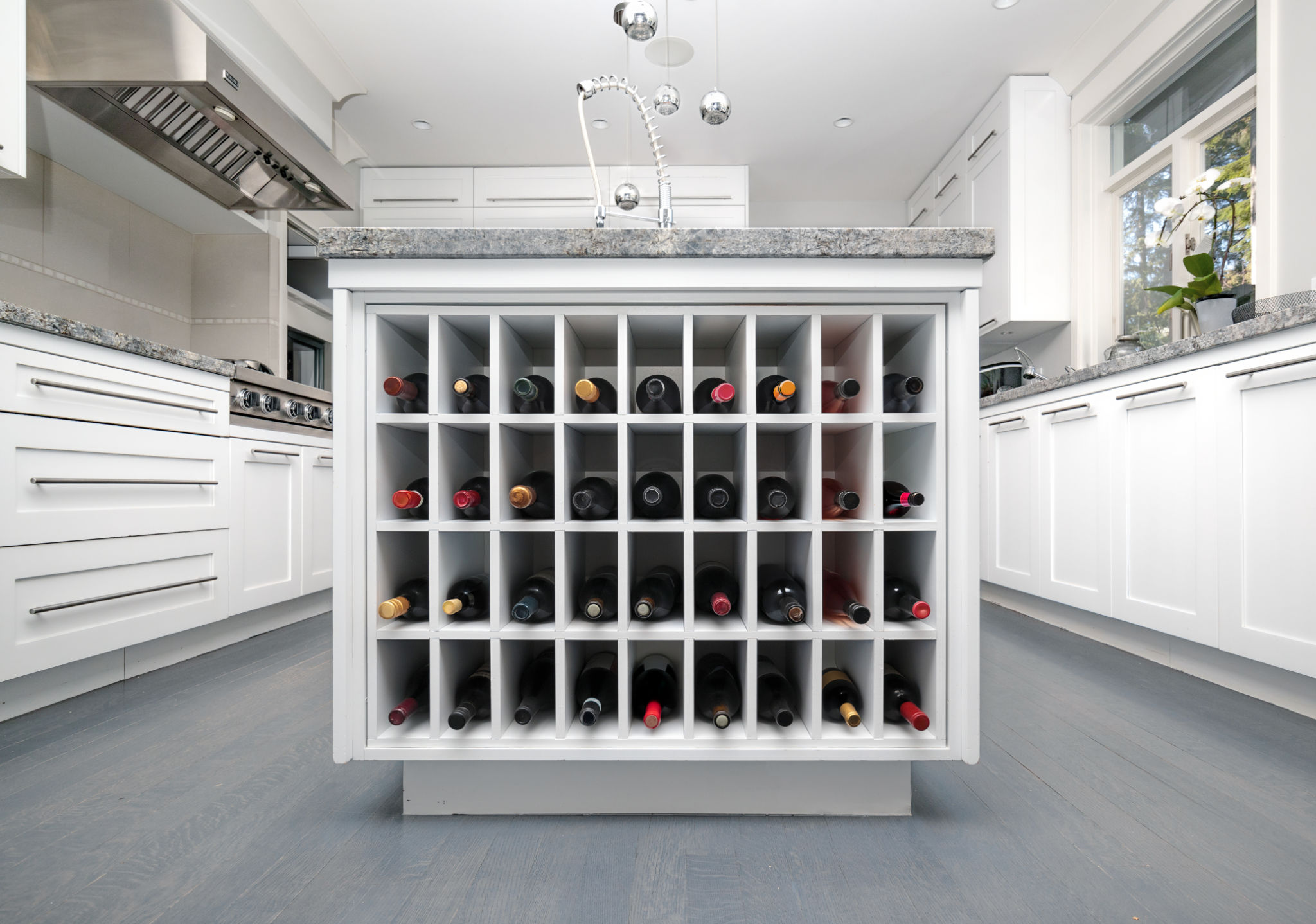Expert Tips for Storing and Aging Wine at Home
The Art of Storing and Aging Wine at Home
For wine enthusiasts, storing and aging wine at home is not just a hobby but an art form. Proper storage can enhance the flavors and complexity of your favorite bottles, transforming them into even more exquisite experiences over time. Whether you're a seasoned collector or just starting your wine journey, these expert tips will help you create the perfect conditions for your wine collection.
One of the most crucial aspects of wine storage is maintaining a consistent temperature. Wines are best stored in a cool environment, ideally between 45°F and 65°F (7°C and 18°C). Fluctuations in temperature can cause the wine to age prematurely or even spoil. If you don't have a wine cellar, consider investing in a wine cooler to keep your bottles at the optimal temperature.

Humidity and Wine Preservation
Humidity plays a significant role in preserving the quality of your wine. Ideally, the humidity level should be around 70%. This prevents the cork from drying out, which can lead to oxidation and spoilage. If you're storing wine in a dry area, you might want to use a humidifier to maintain the right moisture level.
Another important consideration is light exposure. Wines are best kept in dark environments as UV rays can degrade and prematurely age the wine. This is why most wine bottles are made of colored glass—to protect the contents from light. If your storage area has natural light, make sure to use UV-protected covers or curtains.

Positioning Your Wine Bottles
The way you position your bottles also impacts their aging process. It's generally recommended to store wine bottles on their sides. This keeps the wine in contact with the cork, ensuring it remains moist and preventing unwanted air from entering the bottle. However, if you're storing bottles with screw caps or synthetic corks, this is less of a concern.
For collectors with a range of different wines, it's essential to organize your collection effectively. Consider grouping wines by type, region, or aging potential. This not only helps in keeping track of your wines but also ensures that you know which bottles to consume first and which to save for special occasions.

Monitoring and Tracking Your Collection
Keeping an inventory of your wine collection is vital for any serious wine enthusiast. Use digital tools or apps designed for wine collectors to log details about each bottle, including purchase date, ideal drinking window, and tasting notes. This will help you make informed decisions about when to open each bottle for optimal enjoyment.
Lastly, patience is key when it comes to aging wine. While it may be tempting to open a bottle early out of curiosity, allowing wine to mature can transform its flavor profile dramatically. Trust the process and enjoy the anticipation of opening a perfectly aged bottle when the time is right.
By following these expert tips, you'll be well on your way to mastering the art of storing and aging wine at home. Not only will this enhance your appreciation for wine, but it will also provide you with countless memorable experiences as you savor each bottle at its peak.